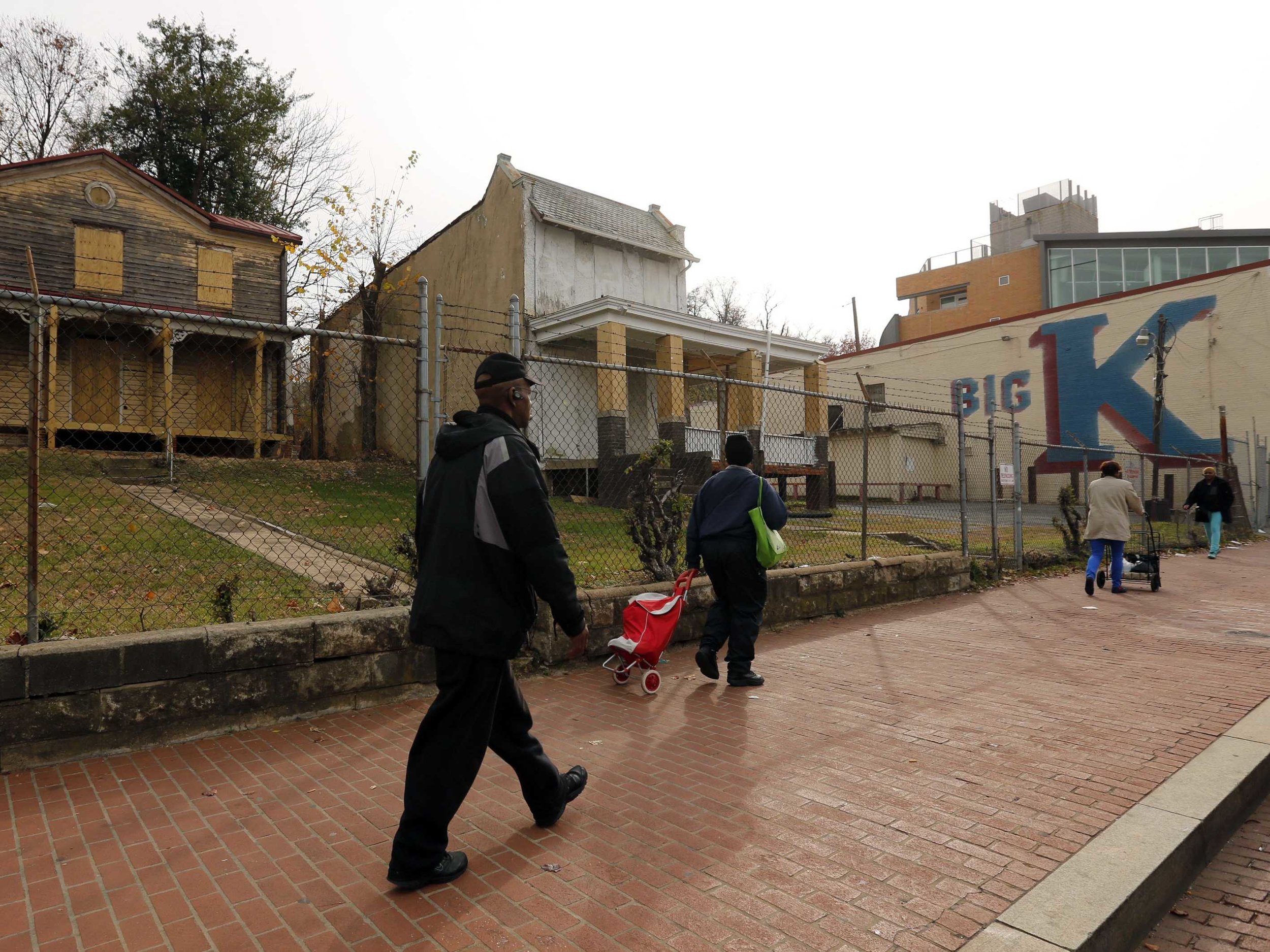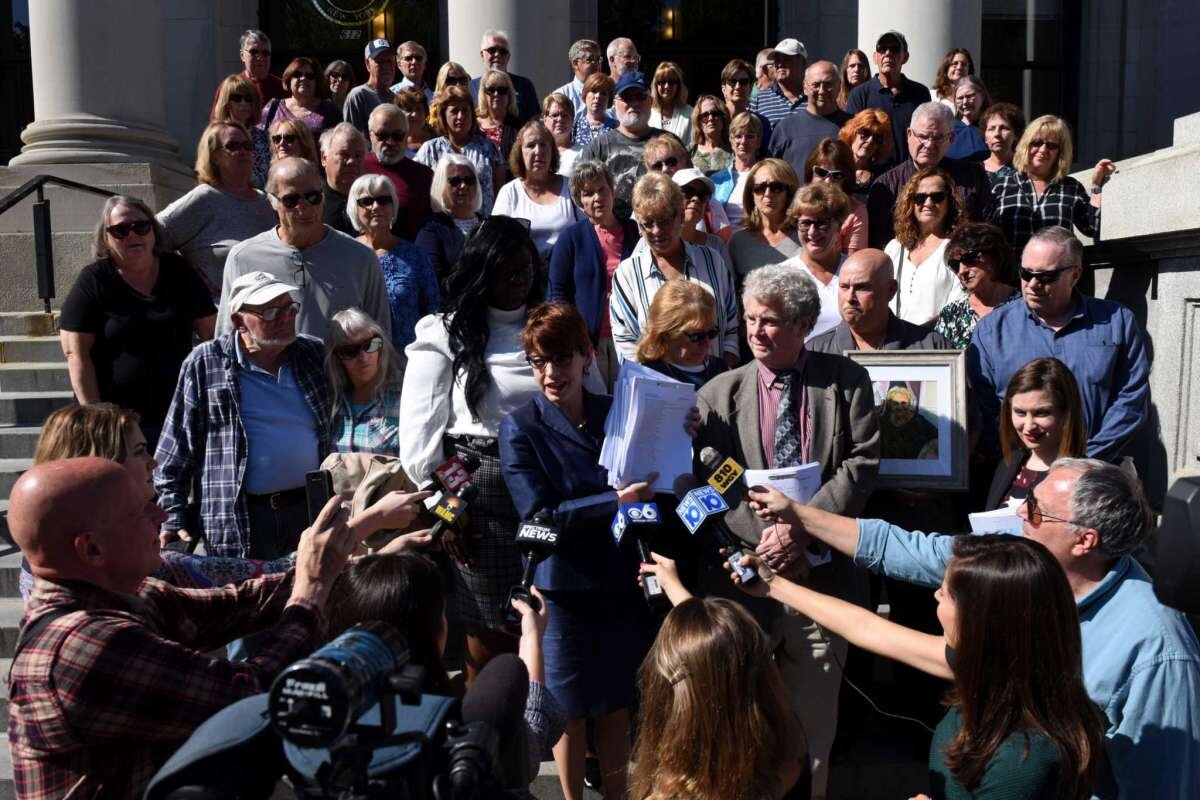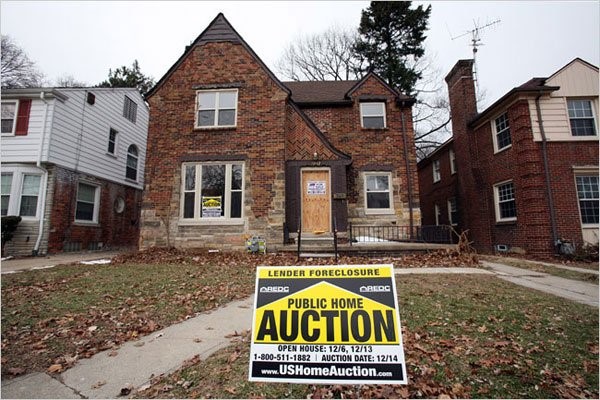Health Care Giant Holds Out On Low-Income D.C. Residents
Walter Smith, Executive Director - DC Appleseed
Note: Updates appear at the foot of this post.
Residents of Washington, D.C., like Ebony Price in Ward 8, are asking why the nonprofit arm of CareFirst BlueCross BlueShield, the largest health insurance company in the Mid-Atlantic, is holding onto a surplus of nearly $1 billion.
In December 2014, the Commissioner of the D.C. Department of Insurance, Securities and Banking determined that under D.C. law, this surplus is excessive by $268 million, and $56 million of that excess is owed to the District and must be reinvested in community health.
DC Appleseed, a nonprofit organization dedicated to solving problems affecting people like Ebony, is arguing that close to $300 million of that surplus should, by law, be invested in community health.
Ebony Price: "Some people out there don’t have Medicare, Medicaid or insurance of any kind.
Ebony is an active participant in the local life of her community, which is how she became first a client and then a volunteer at Bread for the City, serving the wellness needs of D.C.’s residents like her, struggling to make ends meet on low-income. “I decided I needed to get out and meet people going through the same things I’m going through,” says Ebony, adding; “I needed counseling services to connect the day-to-day life issues. Now, I volunteer on and off for mental health issues, helping others to cope with their issues. This results in good things for people, but not everyone, there’s still a lot of folks that need help.”
That kind of help would be easier to give if CareFirst lived up to its obligations. “We have spent more than a decade trying to hold them accountable to their obligation to invest in the community in ways that promote health in the District,” said Walter Smith, DC Appleseed Executive Director.
Recently, a Washington think tank prepared a report suggesting many positive ways the surplus could be used to benefit D.C. residents via school-based mental health services, community-based programs to reduce chronic disease, and increased access to care in underserved areas.
Bread for the City, for example, would be able to increase healthcare services substantially and build a new medical clinic if they were given access to even a small portion of that surplus.
“People shouldn’t have to be ashamed of their situation, but are in a hard place – especially for their kids,” says Ebony: “Some people out there don’t have Medicare, Medicaid or insurance of any kind. These are kids some of whom eat and some don’t. It messes with their nutrition and when they get sick even simple over the counter medicine – simple ointments and creams – are hard to afford.”
George A. Jones, Chief Executive Officer - Bread for the City
“People won’t have to beat the odds if we change the odds,” said George A. Jones, CEO of Bread for the City. “Ebony isn’t an isolated case, More than 100,000 D.C. residents live at or below the poverty line. While we have some measure of success providing primary medical care, there is a gap between what we have the capacity to offer now and what we could offer [with access to the surplus].”
Through various legal maneuverings, the company has managed to avoid spending a dime. But the community is hopeful that tens of millions of dollars—and potentially hundreds of millions—will soon be reinvested back into the community in ways that will promote and safeguard public health.
After the company failed to file a plan for reinvesting the District’s share of the excess, in August 2016 the Commissioner ordered CareFirst to rebate $51 million to subscribers.
And after nearly a year of negotiations, on September 1, 2017, CareFirst rejected the Commissioner’s Proposed Consent Order that would have required the company to spend $9.5 million a year for 10 years on community reinvestment. The Commissioner has not yet acted, but DC Appleseed has asked him to promptly order the company to dedicate at least $51 million to grants for nonprofit health providers.
The wealth gap is painfully obvious in Ward 8 of Washington D.C.
“The Commissioner’s Proposed Consent Order was too small, but it was a step in the right direction. But now that CareFirst has turned it down, it’s time to issue a final order that returns the first $51 million to the community and allows our appeal to increase this amount to proceed,” said Smith.
DC Appleseed vows to continue the fight for Ebony and her community. They plan on seeking an expedited review of the order in the D.C. Court of Appeals—where there’s a potential for up to $300 million—and will seek prompt enforcement of the $51 million payment contemplated by the August 2016 order.
“My hope,” said Jones, “is that these excess CareFirst funds at long last come back to the communities that helped generate them, and help us to better address the medical and other socioeconomic disparities that so many D.C. residents experience.”
Impact Fund agrees and is with Ebony and the residents of D.C., who are getting shortchanged by CareFirst.
Update 01.04.18:
Yesterday, the DC Court of Appeals ordered DC's Insurance Commissioner to take action against CareFirst BlueCross BlueShield. The Commissioner found in December 2014 that this excess surplus amounted to $268 million and he ordered the nonprofit company to submit a plan for spending down the portion of that excess attributable to the District. When the company failed to file a plan as ordered, the Commissioner developed a plan of his own. CareFirst then tried to enter a settlement with the Commissioner; yet when the Commissioner rejected CareFirst's settlement offer as too low, CareFirst withdrew from the settlement effort last September 1. Since then the Commissioner has taken no action.
In the face of this continuing delay, DC Appleseed asked the Court of Appeals to order the Commissioner to act. Yesterday, the Court did so, requiring him to take final action within 45 days. We hope he will act sooner than that, not only because still further delay is plainly unreasonable, but also because the health needs in the city are so great.
Update 02.21.18:
Last night, the DC Insurance Commissioner issued an order to CareFirst BlueCross BlueShield, requiring the company to begin spending down $268 million in excess surplus it has built up in violation of DC law.
Under the Commissioner's order, the company must initially rebate $51 million of the excess surplus to subscribers who are covered by insurance contracts issued in DC, and to subscribers of CareFirst's federal program who are DC residents. The result of the Commissioner's order is that residents of DC, Virginia, and Maryland will all benefit from the Commissioner's order.
DC Appleseed has been pressing for this order for many years, and while we are glad to see it at last happen, we don't think it is enough to meet CareFirst's obligation. We will be appealing the Insurance Commissioner's decision and will be asking the DC Court of Appeals to expedite review of the decision. On appeal, we will be arguing that the amount of excess surplus is much higher than the $268 million found by the Insurance Commissioner and that that the percentage of the excess that needs to be spent in the District is much higher than found by the Commissioner.
All residents of the National Capital Area stand to gain as DC Appleseed presses forward with its appeal, and we hope that a favorable ruling from the Court of Appeals will require many millions to be spent to address community health needs - not just through insurance rebates but though expenditures that directly address health care.
Updates
07.31.18 - Yesterday we filed our brief in the DC Court of Appeals showing that the actual excess surplus is almost twice what the Commissioner found -- approximately $520 million -- and that about 60% of this should be given to DC subscribers and to investments in DC community health needs (GHMSI's brief available here). The next step is that we, and the company, and the DC Attorney General's office will be filing further briefs in August and September and the case will likely be argued in the Court of Appeals in the fall. We are hopeful for a decision sometime next year. We are very grateful to our pro bono partners at Covington & Burling LLP, Mathematica Policy Research, and Harkins Cunningham LLP for their longstanding and continuing support for DC Appleseed on this project.











